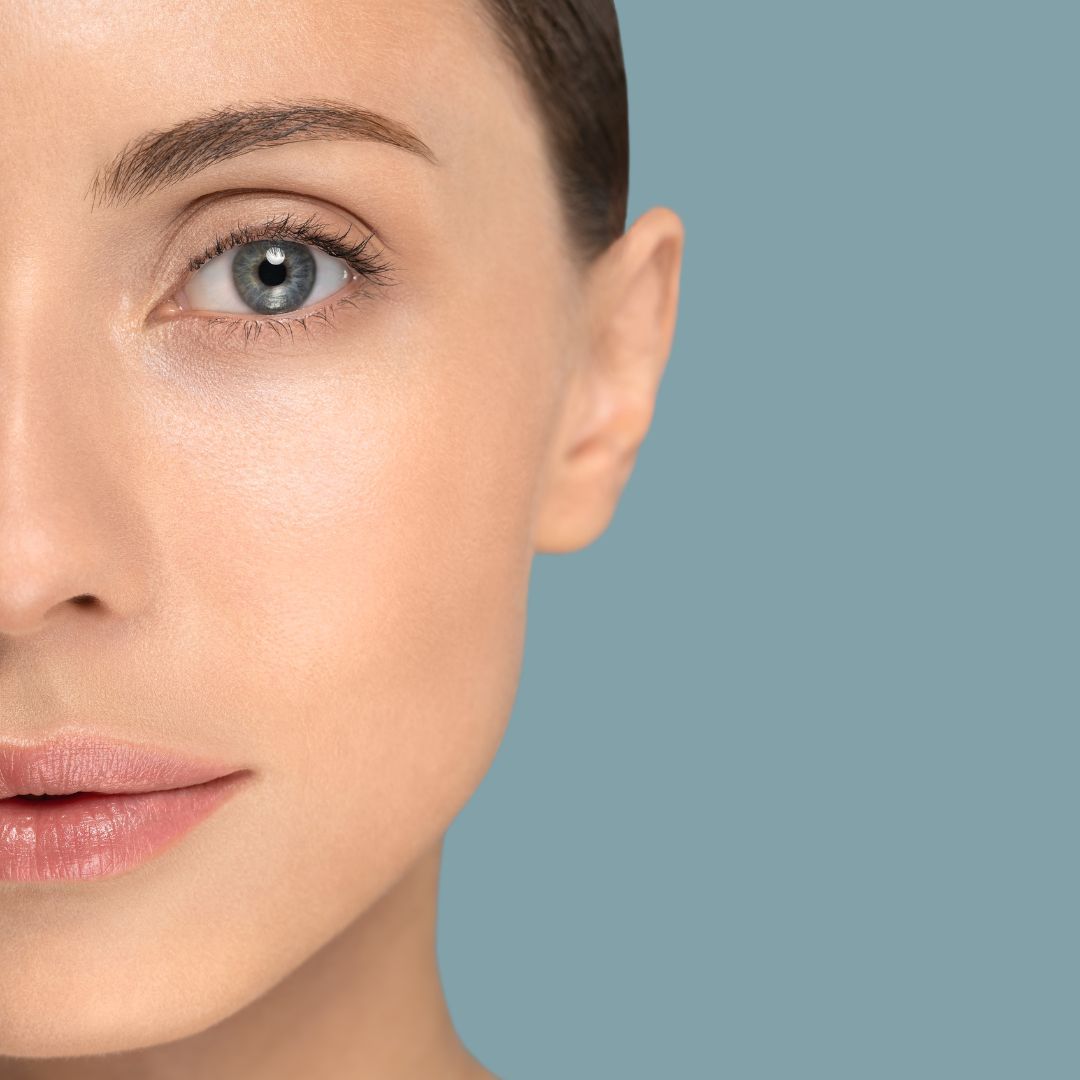Should you change your skincare routine as the weather changes? Why or why not?
It’s usually necessary to make some subtle changes to your skincare routine as the season changes because the conditions in the summer and winter are very different and the skin often cannot acclimatise to the new conditions quick enough to protect itself adequately. During spring and summer, the weather is warmer and the air is more humid, so you may only need a light moisturiser. On the other hand, during the winter, the cold winds and dry air, plus indoor heating can dry the skin out too much, compromising its barrier function. So a richer moisturiser is usually needed. Sunscreen should ideally be used all year round, but in the summer when the sun is very strong, you may need to reapply it during the day.
Is skin able to tolerate more in the spring/summer than in the winter when it can become dryer and less dehydrated?
Yes, in order for the skin to function properly as a barrier, it needs to have adequate hydration among other things. Dry skin can crack and let in harmful bacteria, which can lead to rashes and breakouts.
What are the benefits of changing your skincare routine for spring/summer?
As the days become warmer and the sun gets stronger, it’s important to adapt your skincare so that you are not clogging up your pores with heavy moisturiser and that you use a good sunscreen that will give you adequate UV protection from the sun.
What are the drawbacks of changing your skincare routine?
There aren’t really any drawbacks because the changes do not involve the skincare routine, only what products you use. So simply order a lighter moisturiser for spring/summer and a richer one for autumn/winter.
What should you look for in a well-rounded skincare routine?
I have an acronym for the perfect skincare routine which can be adapted to everyone’s needs, and it spells out the word CREAMS. This is also the order that the products should be applied.
C for cleanser, which is the vital first step twice a day. R for resurface, which involves gentle exfoliation of the skin, and depending on the product, method and skin condition, this can be done daily, once a week or every couple of weeks. E for eye cream, which anyone over 25 should consider starting to use because the skin around the eyes is very delicate and needs special attention. A is for active ingredients, which are serums containing vitamin C, niacinamide and retinol. The active ingredients hold the key to improving the skin. M is for moisturiser, which you might not need at all if your skin is healthy. So I would always say this is an optional step depending on your skin condition.
Last but not least, S is for sunscreen, which everyone should be using whatever their age. Preventing premature aging is the best strategy to stay looking great.


